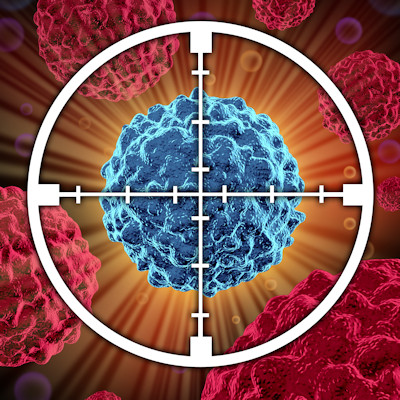 Machine learning used to encode commands for immune cells
Machine learning used to encode commands for immune cells
December 9, 2022 -- Researchers at University of California San Francisco (UCSF), in collaboration with a team at IBM Research, have developed a virtual molecular library of thousands of “command sentences” for cells, based on combinations of “words” that guide engineered immune cells to seek out and kill cancer cells without pausing. Read More
 Vegetables contain ‘garden variety’ cancer drugs
Vegetables contain ‘garden variety’ cancer drugs
December 8, 2022 -- Polish scientists have revealed the potential for new cancer drugs formulated from nightshade plants (genus Solanum), including potatoes and eggplants. Read More
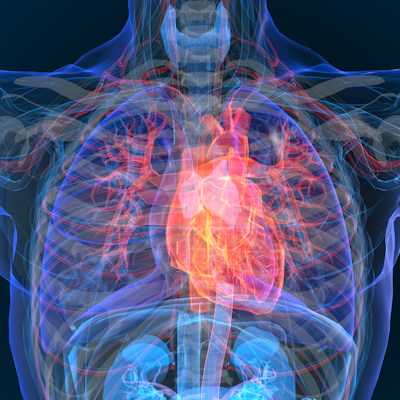 USC researchers create 'heart attack on a chip'
USC researchers create 'heart attack on a chip'
December 8, 2022 -- University of Southern California (USC) researchers have developed a "heart attack on a chip" that replicates key aspects of myocardial infarction and might one day serve as a testbed for new personalized heart drugs. Read More
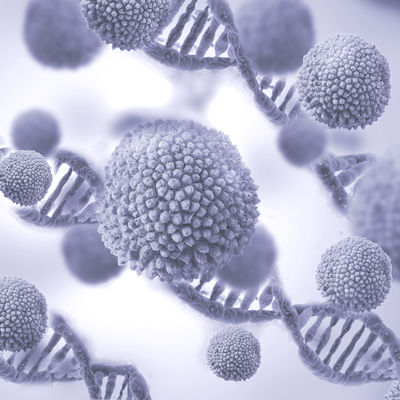 Salk Institute scientists identify oncogene activation
Salk Institute scientists identify oncogene activation
December 8, 2022 -- Researchers at the Salk Institute have zeroed in on the mechanisms that activate oncogenes, showing that genetic mutation activity depends on the distance between a particular gene and the sequences that regulate the gene. Read More
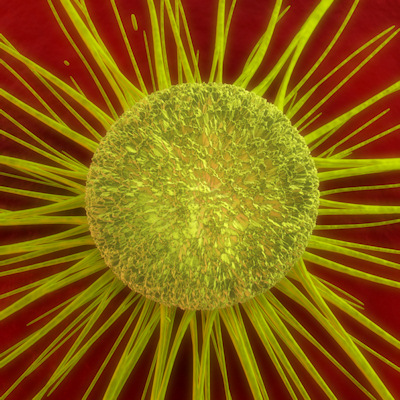 Transcriptomics help visualize diffuse midline glioma
Transcriptomics help visualize diffuse midline glioma
December 6, 2022 -- A Dana-Farber-led team used spatial single-cell transcriptomics to visualize diffuse midline glioma cancer cell structure across different age groups and locations. Their study, published December 5 in the journal Nature Genetics, provides insights that may facilitate new treatment approaches for this rare cancer. Read More
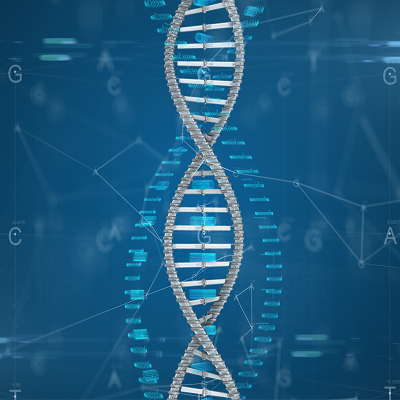 Mutated protein causes Parkinson's, protects against MSA
Mutated protein causes Parkinson's, protects against MSA
December 5, 2022 -- A single change in the misfolding protein that causes Parkinson's disease can protect against multiple system atrophy (MSA), University of Massachusetts Amherst scientists found. Read More
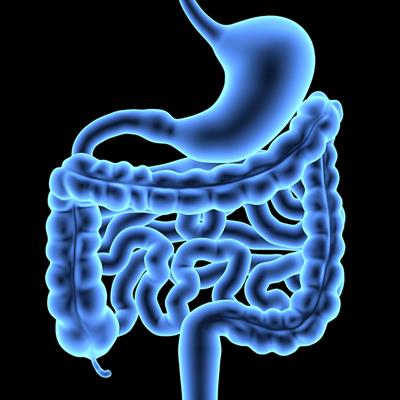 B cells hinder intestinal healing, offer potential IBD drug target
B cells hinder intestinal healing, offer potential IBD drug target
December 5, 2022 -- New research reveals that B cells, white blood cells that are critical to the proper functioning of the immune system, greatly increase after bowel damage and prevent the tissue from healing. The findings have implications for the treatment of inflammatory bowel disease (IBD). Read More
 NIH awards $3M grant to investigate Candida auris fungus treatment
NIH awards $3M grant to investigate Candida auris fungus treatment
December 1, 2022 -- The National Institute of Allergy and Infectious Diseases, part of the National Institutes of Health (NIH), has awarded a five-year $3 million grant to Case Western Reserve University researchers to investigate the next level of treatment for Candida auris, a multidrug-resistant yeast that causes serious infection and, in some cases, death. Read More
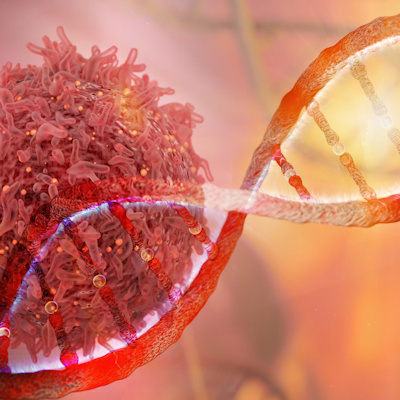 Scientists uncover DNA repair mechanism, potential cancer target
Scientists uncover DNA repair mechanism, potential cancer target
December 1, 2022 -- Scientists from the Francis Crick Institute and biotech company Artios have revealed how polymerase theta, a DNA repair enzyme, becomes vital to certain cancers' survival when those cancer cells are unable to use a more common DNA repair method. Read More
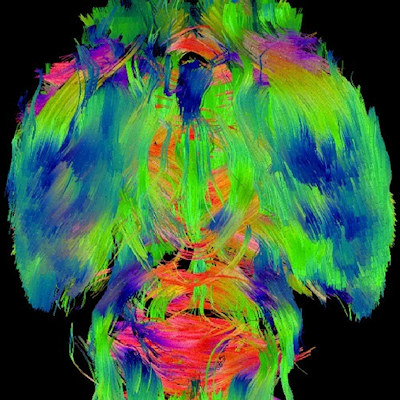 Gene mutation may explain Alzheimer's brain plaque buildup
Gene mutation may explain Alzheimer's brain plaque buildup
November 30, 2022 -- Researchers at the New York University Grossman School of Medicine and the Icahn School of Medicine at Mount Sinai have found that a gene mutation may prevent brain cells from clearing away plaque -- protein filled clumps that build up in the brain and are characteristic of Alzheimer's disease. Read More
Conferences
Member Rewards
Earn points for contributing to market research. Redeem your points for merchandise, travel, or even to help your favorite charity.
Research Topics
Interact with an engaged, global community of your peers who come together to discuss their work and opportunities.
Connect
Tweets by @ScienceBoard



